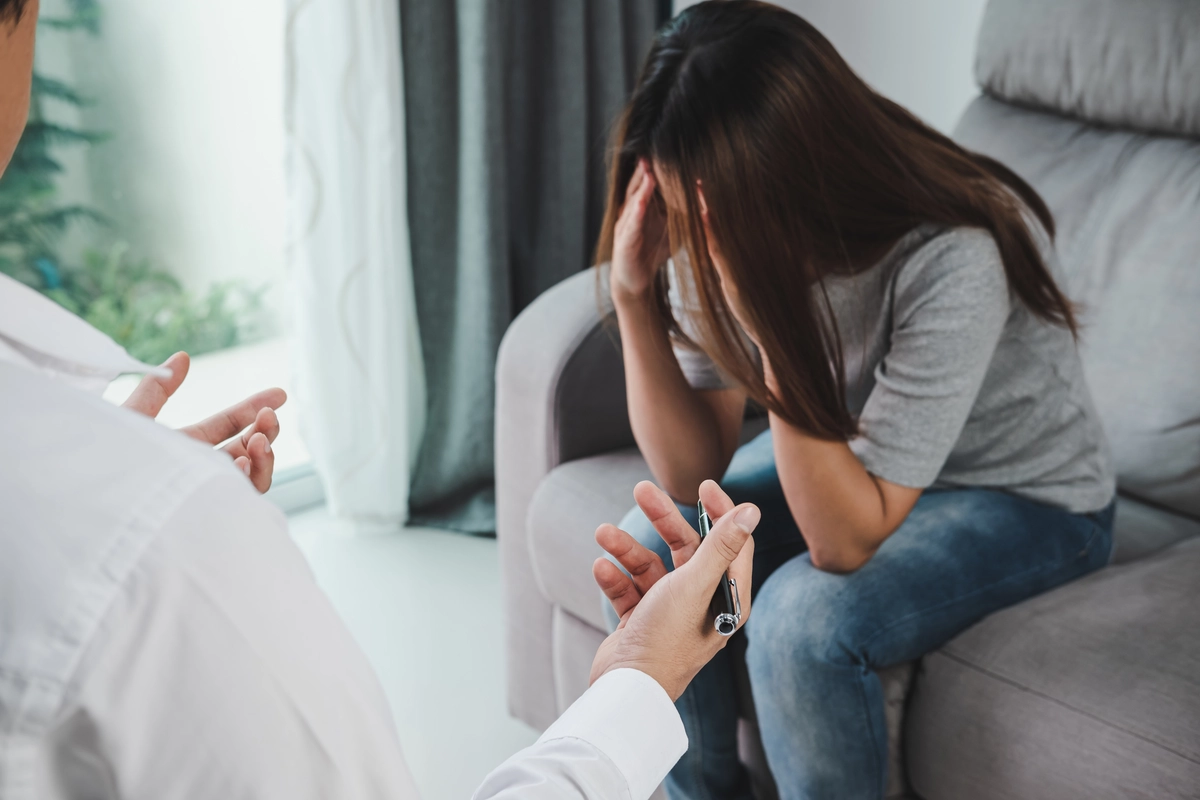24/7 Helpline:
(866) 899-221924/7 Helpline:
(866) 899-2219
Learn more about PTSD Treatment centers in Gilman
PTSD Treatment in Other Cities

Other Insurance Options

Excellus

Carleon

CareSource

Health Partners

WellPoint

Evernorth

Amerigroup

Magellan Health

EmblemHealth

CareFirst

Health Choice

Access to Recovery (ATR) Voucher

Medical Mutual of Ohio

Sutter

AllWell

Absolute Total Care

Private insurance

WellCare Health Plans

MHNNet Behavioral Health

Covered California














